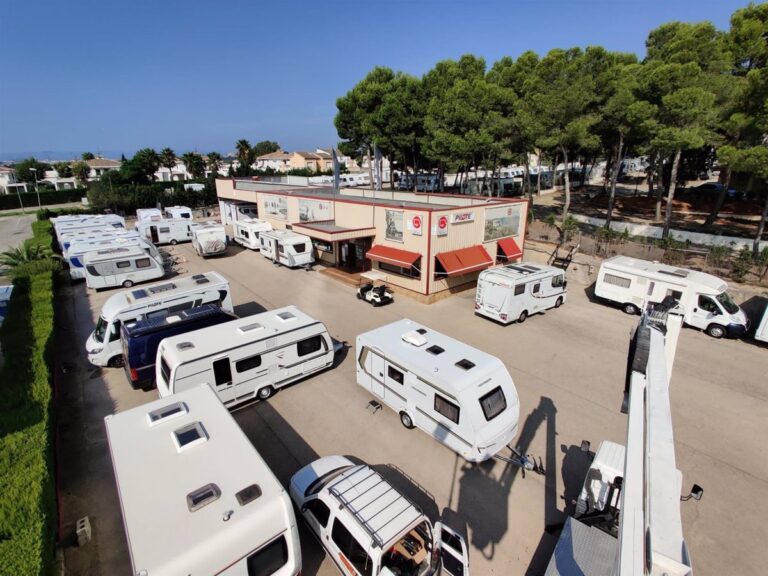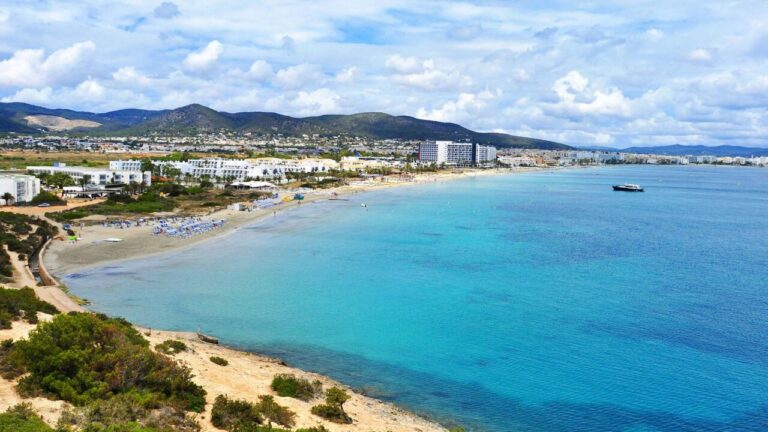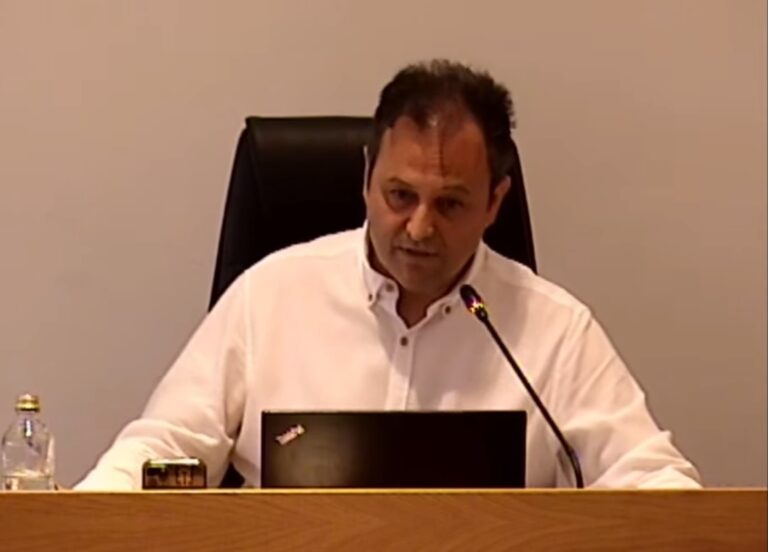Ibiza maintains its global leadership in nightlife. This was demonstrated this Wednesday when it swept the board at the Golden Moon Awards 2025, consolidating its world domination. But it must face increasingly complex challenges in order not to lose its advantage in the face of new destinations emerging in the Mediterranean.
-
“We conceive of [UNVRS] as an ‘opera house'”: the intrahistory of the best club in the world as told exclusively by its founder
So says David Lopez, deputy director of Costa Este, in a detailed reflection on the present and future of the island. He does so after his participation in the 10th International Nightlife Congress, held in Valencia, where the role of Ibiza was once again at the center of the debate.
From his experience as an entrepreneur close to the Ibiza ecosystem and with years of work in the leisure industry, López analyzes the success in extending the season, the structural problems of housing and employment, the impact on the quality of leisure and the growing pressure from other countries that aspire to compete with Ibiza.
“Ibiza has been able to extend the season”
In his diagnosis, Lopez first highlights the positive: the island has managed to break the seasonality that historically marked its tourist activity. “Ibiza has been able to do one thing very well, which has been, above all, to extend the season,” he states clearly.
He explains that in the past, the activity was practically limited to the summer months: “It was limited to the summer. We would start in San Juan or a little earlier and finish in mid-September”. That scheme has changed radically: “We have already managed to start at Easter, the concept of the openings that has a lot of strength, the closing until the end of October if we can,” he points out.
A real benefit for the island
Lopez believes that this expansion boosts the economy, promotes employment and diversifies tourism. “All of this gives people more options to be able to go for a few days beyond the summer… this helps, gives life and generates employment, boosts restaurants and overnight stays in hotels“.
He even adds a personal perspective: “Enjoying the island in May, September, October or even April is a joy. I almost like it better than in the middle of summer”. In his opinion, it is essential to move forward in this direction: “We must continue along this path and make the season even bigger if we can.
Housing and employment, the two major bottlenecks
After the advantages, comes the concern. Lopez is very clear:
He recalls how many of his group’s workers used to ask him for leave in Barcelona to “do the season” in Ibiza: “In Ibiza they make me work a lot but in three months I earn a little money, I get a sack that gives me nine months of university, they used to tell us”.Even if you are well paid, there is a very serious problem with finding a place to live. It is no longer profitable to do the season and some professionals are already thinking that it is not profitable for them to go there. “.
Direct impact on the quality of leisure
The housing crisis has an immediate effect: lack of personnel. “That makes it difficult for employers to be able to find staff to then be able to provide the quality and quantity of service that is often demanded,” he says.
It also affects emerging artists: “Certain artists cannot afford to come because they are not yet at top 50 or top 100 levels.” And it translates into an impact for the visitor: ” Hotels, overnight stays and temporary apartments become more expensive. The public may end up spending three days where they would go for a week. “.
Mediterranean competition tightens
Lopez also warns that Ibiza’s leadership is not eternal and that the island is no longer alone. “Ibiza has been facing a lot of competition in the Mediterranean: Croatia, Greece, Malta and Cyprus are betting big“.
Although he admits that they do not yet match the island, the pressure is real: “They probably still don’t catch up with Ibiza, but Ibiza cannot sleep” In his opinion, the island’s strength lies in its history, its professionalization and its cultural structure: “We have a lot to learn from its history.Ibiza has a very powerful industry, a very strong trajectory, a very big experience. It is not easy to compete “.
And he stresses that his position remains global: “All the big promoters, artists and operators count on Ibiza. It’s often the springboard for replicating things in the Caribbean or Asia. “.
“The leadership is there, but you have to work hard to keep it.”
Despite the challenges, López is optimistic. Ibiza, he insists, maintains a competitive advantage built up over decades, but it requires vigilance, strategy and public-private collaboration. “I believe it does, that it continues to be seen as a vanguard, but we will have to keep working hard to maintain that leadership,” he concludes.
In an industry where destinations compete every year for programming, talent, image and management capacity, his message is clear: Ibiza is a leader, but also human, vulnerable and subject to internal and external pressures. And as he sums it up: “Ibiza cannot sleep“.










